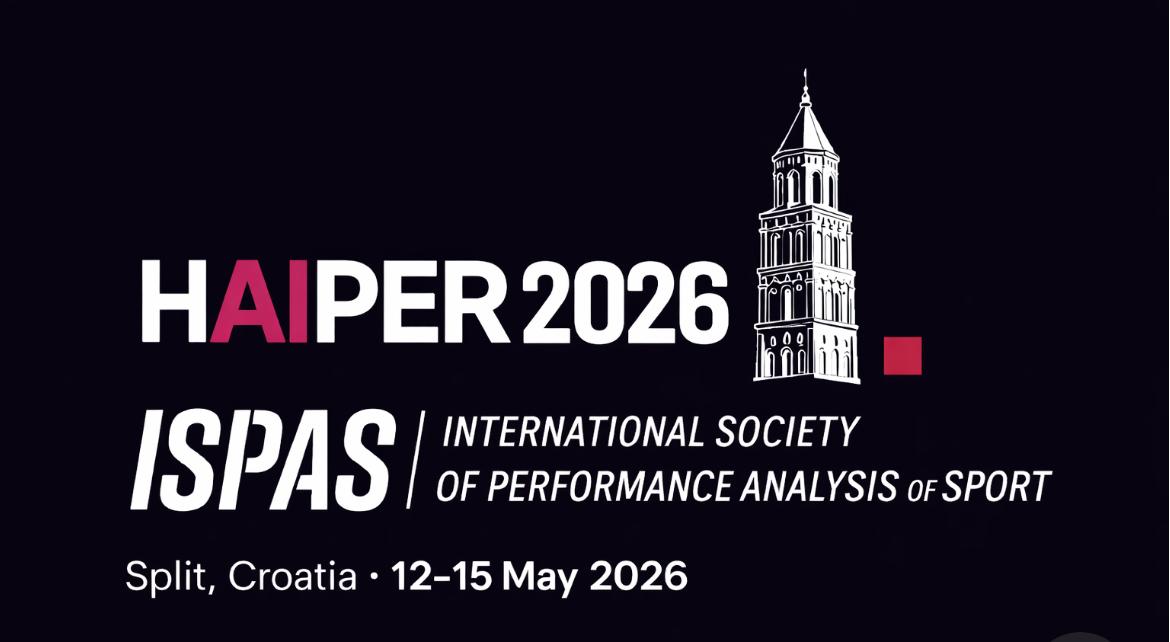History
The Faculty of Kinesiology, University of Split, was established on July 4, 2008, and is one of the youngest constituents of the University of Split. The first dean of the Faculty of Kinesiology was Prof. Dr. Nikola Rausavljević. The study of kinesiology in Split has a long tradition. The institutional activities of today’s faculty date back to the 1954 academic year when this program was part of the Higher Pedagogical School, Pedagogical Academy, and later within the University of Split, the Faculty of Philosophy in Zadar – Department of Natural Sciences and Educational Studies, and finally under the University of Split, Faculty of Natural Sciences and Educational Studies. The efforts of the Department of Kinesiology staff over the past ten years, especially during the adaptation of higher education institutions to the Bologna Process, along with the increasing number of young researchers and the broad support of the professional and scientific community, led to the establishment of the study of kinesiology as an independent constituent of the University of Split. From its humble beginnings with only three full-time professors, today the Faculty of Kinesiology employs 42 teaching staff and 15 non-teaching staff members.
The faculty offers programs that train highly qualified professionals in kinesiology, equipped to teach physical education and health at all levels of education (from preschool to university). Students are also trained to conduct sports activities for selected groups at all levels of competitive sports for children, youth, and adults, as well as recreational activities for adults. Additionally, they are qualified to carry out kinesitherapy procedures and programs tailored to individuals with special needs. For many years, the faculty has successfully collaborated internationally with sports faculties across Europe and the region, as well as with institutions and faculties in Croatia. Our professors participate as leaders and collaborators in various scientific projects and have also organized several scientific-professional meetings and conferences.
During their studies, our students engage in scientific research through participation in research projects, scientific-professional conferences, and the writing of scientific and professional papers. Special emphasis is placed on encouraging talented students to pursue education in data measurement and analysis, keeping up with modern developments in global databases, and using modern technology in programming and controlling the exercise process. Graduates will be able to scientifically support exercise processes in all areas of applied kinesiology and evaluate the effects of exercise, especially in health, education, sports, and the economy. With a combination of core and elective courses, professionals are trained in programming applied kinesiology for different genders and psychosomatic conditions in children, youth, and adults. They are also qualified to organize extracurricular activities at all educational levels and various sports and recreational programs for participants in educational institutions in the city, county, and state.
All participants in this educational program, in addition to the aforementioned skills, are also trained, especially through elective courses, to implement specific programs such as: a) programming, conducting, and controlling the training process in elite sports, or b) programming, conducting, and controlling sports-recreational activities during work processes, in residential areas, or outside (excursion and tourist activities), or c) programming, conducting, and controlling special physical activity programs for people with special needs, or d) elective programs allow training for specific needs of the Croatian Armed Forces, Croatian Navy, and Ministry of the Interior of the Republic of Croatia.
In line with the Bologna Declaration, since 2005, the Faculty has offered undergraduate and graduate university studies in kinesiology following the 3+2 model. Students who complete the undergraduate program (180 ECTS credits) receive the title of Bachelor of Kinesiology, and upon completing the graduate program (a total of 300 ECTS credits), they earn the title of Master of Kinesiology.
In 2011, the faculty introduced an undergraduate professional program in kinesiology and a specialized graduate program in kinesiology. Each program offers four specializations: sports coach in a selected sport, kinesitherapy, strength and conditioning, and recreation and fitness. The undergraduate professional program lasts three years (180 ECTS), while the specialized graduate program takes two years (120 ECTS).
In addition to undergraduate and graduate university and professional programs, the faculty also offers a postgraduate doctoral program, with the third generation of students currently enrolled. The first generation of students in the postgraduate doctoral program in kinesiology was enrolled in the 2007/2008 academic year.
Mission
Through quality education and the promotion of scientific research and professional activities, we aim to contribute to the personal development and social inclusion of creative, innovative, competent, and entrepreneurial experts and scientists in all areas of applied kinesiology, while considering the needs of the labor market and society as a whole.
Vision
Our vision is to build regional recognition in educating entrepreneurial, market-oriented, and socially engaged kinesiologists, and to enhance the development and transfer of scientific research and professional knowledge to individuals and organizations in all areas of applied kinesiology and society as a whole.

